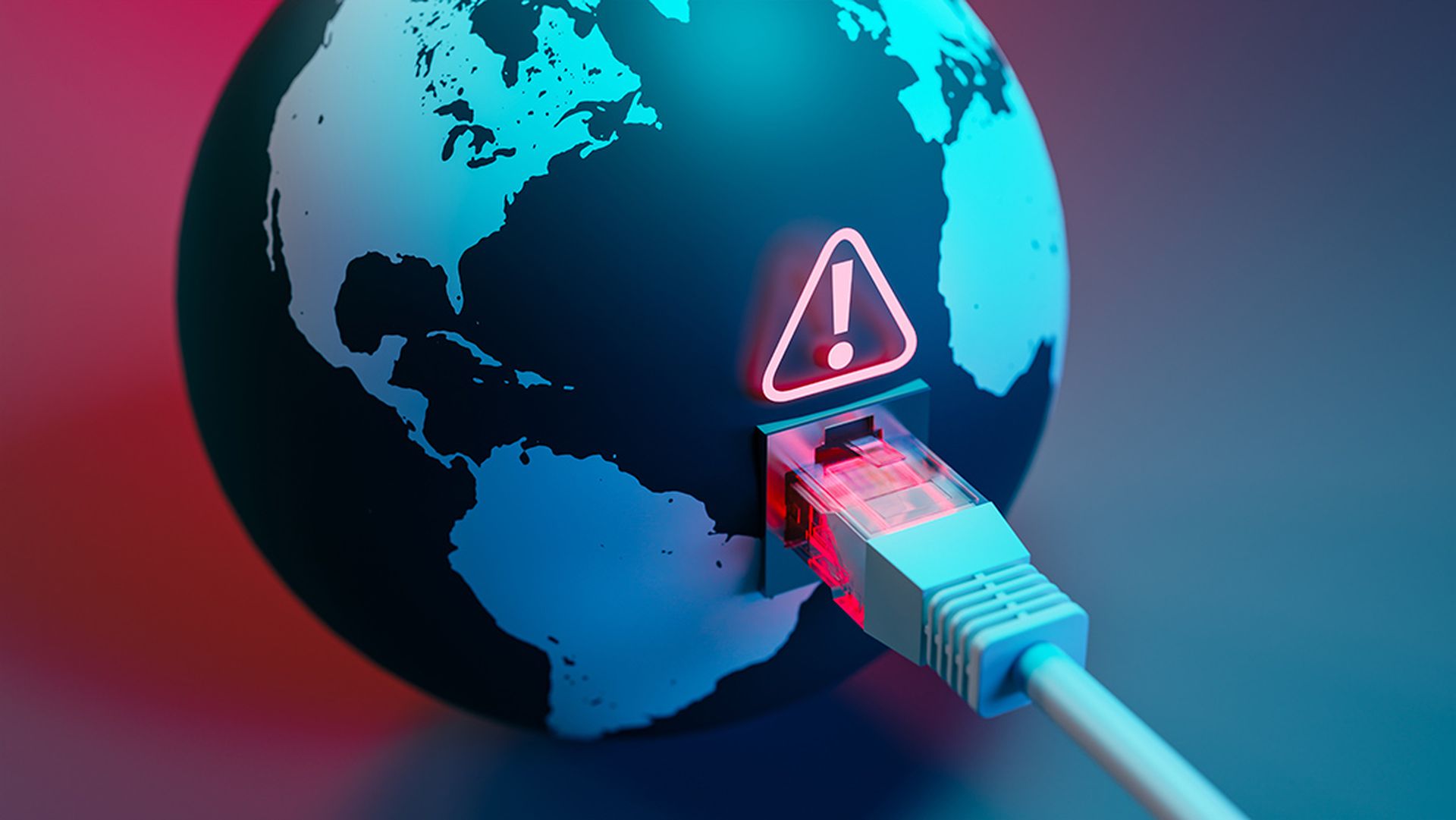
The overriding theme of every disruption story I’ve ever heard is that firms thought they had more time than they did. So, I’ve been pondering the why. We can see disruption happening all around us, but why is it so difficult to get out in front of it?
Then I slogged my way through Ray Kurzweil’s Law Of Accelerating Returns and it hit me. Digital disruption is about the clash between exponential change and our brain’s wanting things to be linear.
Here is what I mean:
- The law of accelerating returns says that evolutionary systems, like information technology, produce exponential changes. This happens because one generation of technology builds on and accelerates the returns of past generations. Think of how the Internet led to cloud, accelerating mobile apps, which build on broadband wireless, etc.
- Accelerating returns produce exponential curves in a system’s fundamental measures. This is what Ray proved mathematically in his law. In information technology that means the measures of power and speed tend to double at consistent intervals, while costs are cut in half. Think Moore’s law.
- The law of accelerating returns implies that Moore’s law is not the exception, it's the rule. So, we should expect many Moore’s laws, and if fact, that is what we have seen — look up Gilder’s Law, Metcalf’s Law, Kryder’s Law, etc.
- The problem with exponential systems is they catch us by surprise. The famous tale of the emperor and the inventor of chess reinforces that idea. First, we assume change is linear and gradual; then, we adjust our projections as things accelerate; finally, in one doubling cycle, we go from OK to in trouble. What we don’t get is that the system has been exponential all along, quietly doubling or being cut in half. Then... wham. Disruption.

This explains why digital disruption is so hard to get in front of — most firms plan for change linearly. It’s the way business gets done. You plan, budget, execute, and measure. You know that change is hard, you know that resources are limiting, you acknowledge competing priorities, and you act pragmatically. You never move faster than your organization can keep up. On and on you plod; meanwhile, disrupters who don’t have your baggage are building next generation experiences in the cloud using emerging technologies. What they are doing is riding the wave of exponential change, and pulling further and further ahead.
What do you do? First, recognize you only have time to focus on the things that make you more customer-led, more insights-driven, faster, and more connected. Customers will always move faster than you — understand customers through insights and then use those insights in every part of your business. Second, use our emerging technology framework to get ahead of where the next exponential explosions are likely to happen. Third, learn more by watching the on-demand webinar The Next Tech Revolution.
Brian Hopkins is VP, principal analyst at Forrester Research, where he serves enterprise architecture professionals. Read more Forrester blogs here.



